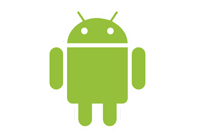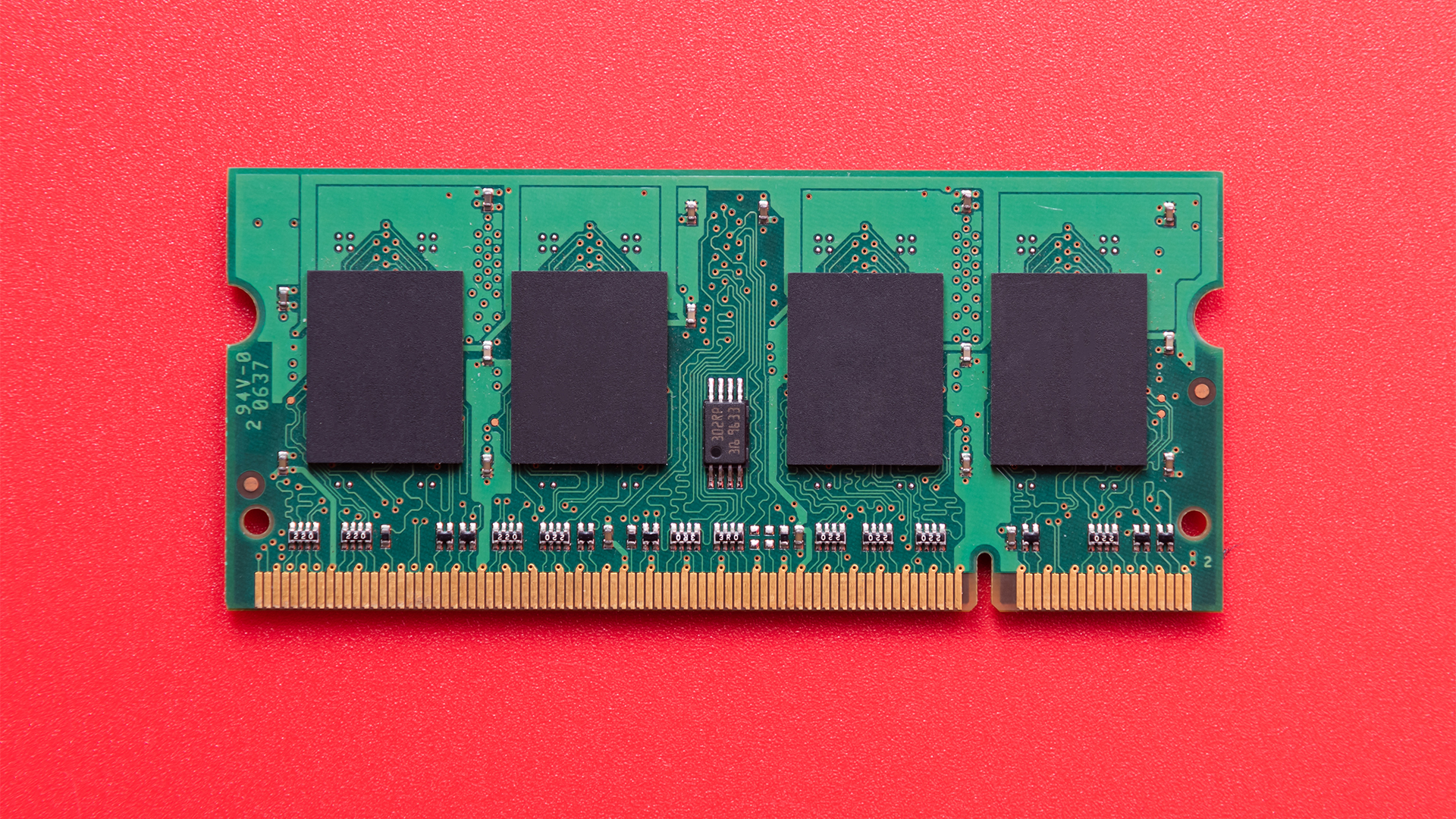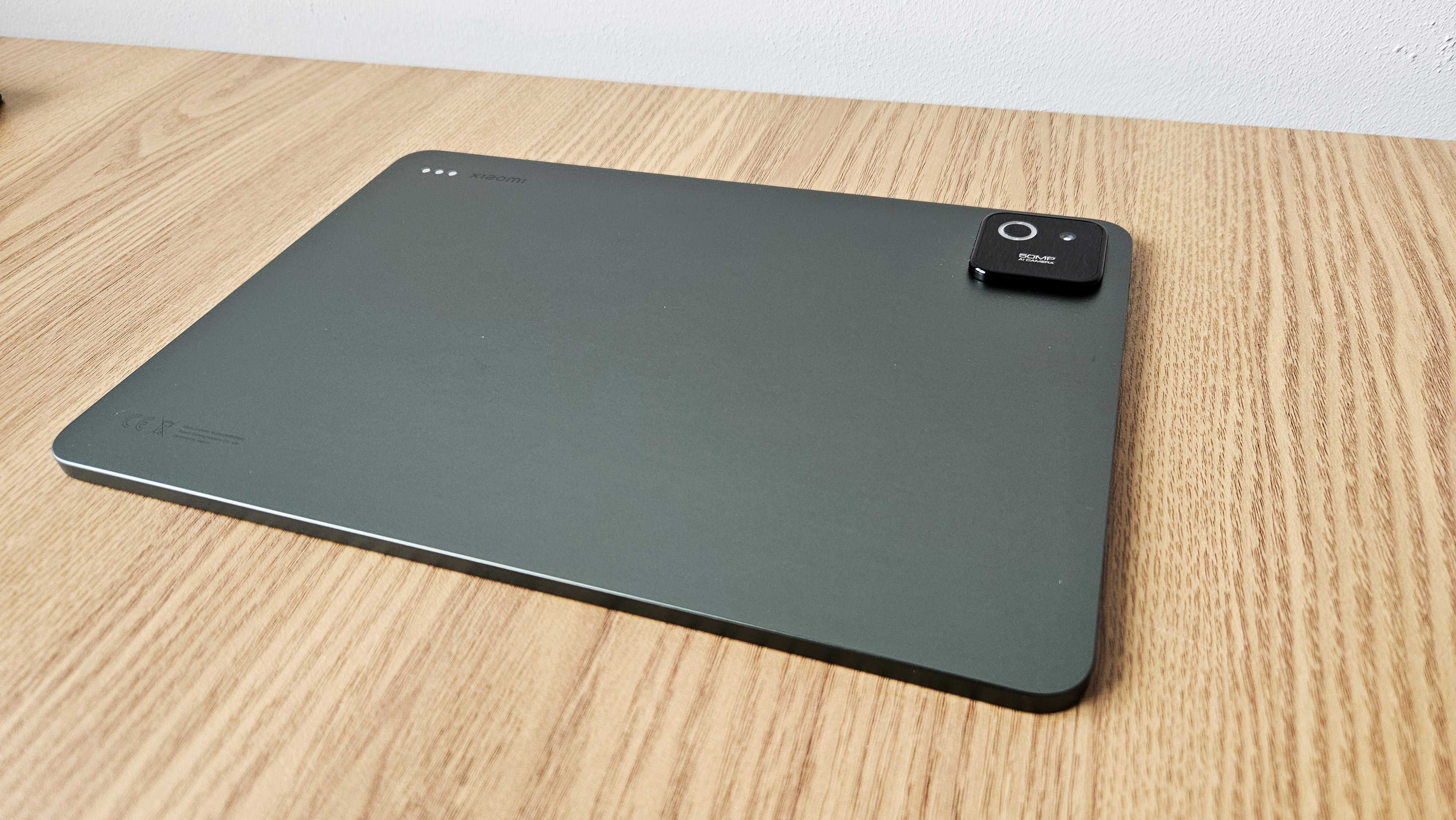Will Android ever make it as a business platform?
Android has stormed the market, giving everyone another smartphone choice, but will it succeed in the business marketplace?


Sign up today and you will receive a free copy of our Future Focus 2025 report - the leading guidance on AI, cybersecurity and other IT challenges as per 700+ senior executives
You are now subscribed
Your newsletter sign-up was successful
A massive advantage that Android has over rival platforms is the number of manufacturers onboard. HTC, Huawei, Sony Ericsson, LG, Samsung, Acer, Motorola and Dell are all signed up to manufacture devices and this is where Android really wins over other platforms.
Although Windows Mobile has a fleet of manufacturers producing phones running the OS, there's not nearly as much flexibility as there is with Android.
Applications
One of the reasons rival smartphone platforms are so well suited to business, including BlackBerry, Windows Mobile and the iPhone, is that all of them offer applications that make mobile working possible and offer a near-desktop experience.
BlackBerry still does it best, with CRM and server-based applications, but the iPhone is coming up from behind quickly.
Windows Mobile also offers many applications (albeit not from the on-device apps store), and the legacy that goes with the evolved PDA platform makes it a fantastic choice for business users.
However, Android still has a way to go before it too can offer the same functionality from applications, but it is certainly catching up fast.
Sign up today and you will receive a free copy of our Future Focus 2025 report - the leading guidance on AI, cybersecurity and other IT challenges as per 700+ senior executives
With more than 30,000 applications available in the Android Market, including numerous options that aid work on the move, such as document editors, PDF viewers, backup services and CRM applications, the erratic pricing and currency structure can put you off.
The store is not as well refined as the App Store - at least you know everything on there has been tested - and although the development environment is infinitely more open, that's not always a good thing when looking for trusted applications.
Functionality
There's no denying that the current version of Android is more aimed at business users than at launch.
Exchange support is one main focus of Android 2.1, and this demonstrates that the platform is opening up more to business users.
Android 2.1 supports multiple inboxes, and full Exchange services (including calendars, notes, contacts and email.
A new keyboard has also been introduced that makes it easier to type longer emails, although it still doesn't beat a hardware keyboard.
Although Android is currently a highly consumer-focused platform, it is quickly catching up with more traditional platforms such as BlackBerry and Windows Mobile.
This is as much the fault of the other platforms failing to develop as quickly as much as it is the speed in which Android is growing.
If Gartner's prediction is correct, Android could well develop into one of the top platforms for both consumer and business users alike.

Clare is the founder of Blue Cactus Digital, a digital marketing company that helps ethical and sustainability-focused businesses grow their customer base.
Prior to becoming a marketer, Clare was a journalist, working at a range of mobile device-focused outlets including Know Your Mobile before moving into freelance life.
As a freelance writer, she drew on her expertise in mobility to write features and guides for ITPro, as well as regularly writing news stories on a wide range of topics.
-
 Scalper bots are running riot as memory shortages continue
Scalper bots are running riot as memory shortages continueNews DataDome says bots are driving up the price of DRAM even further thanks to AI demand
-
 Xiaomi Pad 8 Pro review
Xiaomi Pad 8 Pro reviewReviews Xiaomi's newest entry offers strong performance, a vibrant 11-inch screen and a blockbuster battery life to maximize productivity